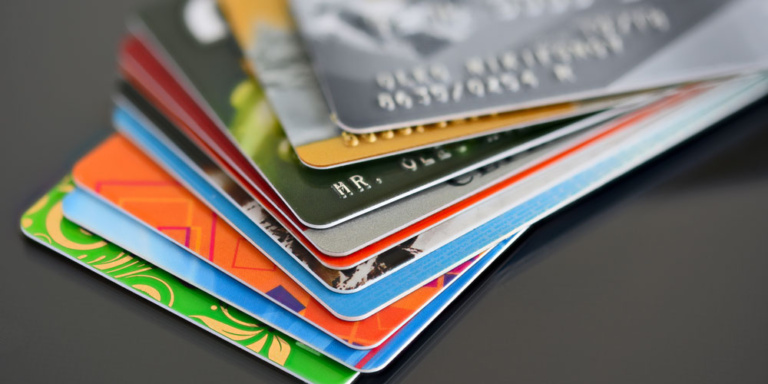This is crucial when someone is trying to understand how to rebuild credit after Chapter 7.
What Maxing Out Your Credit Card Really Means
Every credit card has a specific credit limit that sets the maximum amount of money a borrower has access to. Maxing out a card happens when you use the entire amount and can no longer make any purchases with your card.
This situation can happen in several ways. For starters, you could have a low credit line and then unplanned expenses cause you to exhaust your limit quickly. Another possible reason for maxing out a credit card is that you have a bad habit of spending more than you can pay at the end of the month, which can lead to you accumulating large balances. Finally, you could be having unexpected financial problems and are forced to rely on your credit card as a lifeline.
That said, once you max out your credit card, you need to understand why this happened, and rectify the problem promptly. Learn about what a tier 1 credit score is and how it can benefit you to have a clean credit report.
What to Expect When You Max Out Your Credit Card
Maxing out your credit comes with consequences. It will affect your credit score and finances. Some of the effects can be immediate, while others may take some time for you to feel. Here are some of the issues that can arise from maxing out a card:
The Credit Card Is Declined When You Try to Use It
The first thing that usually happens when you have reached your credit limit is that you will not be able to charge anything else. If you do try, the request will be declined.
Additional Interest
Maxing out your card means the lender will charge additional interest if you fail to pay off your card by the time the bill is due. The only exception is if you have a 0% APR introductory card. Otherwise, if you max out your card and cannot make repayments quickly, you will more than likely have to spend extra money on monthly payments due to additional interest being added to the bill. Being in this type of situation can make it difficult to afford other necessities.
Additional Fees
Depending on which agency your credit card was issued from, you could face extra fees or penalties for exceeding your limit. This is usually included in your contract agreement or the terms and conditions policy.
Your Credit Score Will Be Negatively Affected
A maxed-out credit card will most likely negatively impact your credit score in several ways. The most notable is that it will result in a higher credit utilization ratio, which is the amount of credit you use compared to the amount of credit available on your credit cards. This is one of the most critical factors regarding your credit score, second only to your ability to make repayments on time.
In Summary
It is easy to say that you shouldn’t max out your credit card; however, the reality is that responsible credit behavior may be hard for some people, especially if they are on a very tight budget or those who encounter unexpected financial difficulties. There are a few things you can do to prevent matters from getting out of control–these include building up an emergency fund for yourself, adopting a habit of paying off your credit as soon as you use it, and only using your cards when you absolutely need to. It might also be good to learn about different tactics such as whether you need a credit card to build credit when dealing with financial problems.

